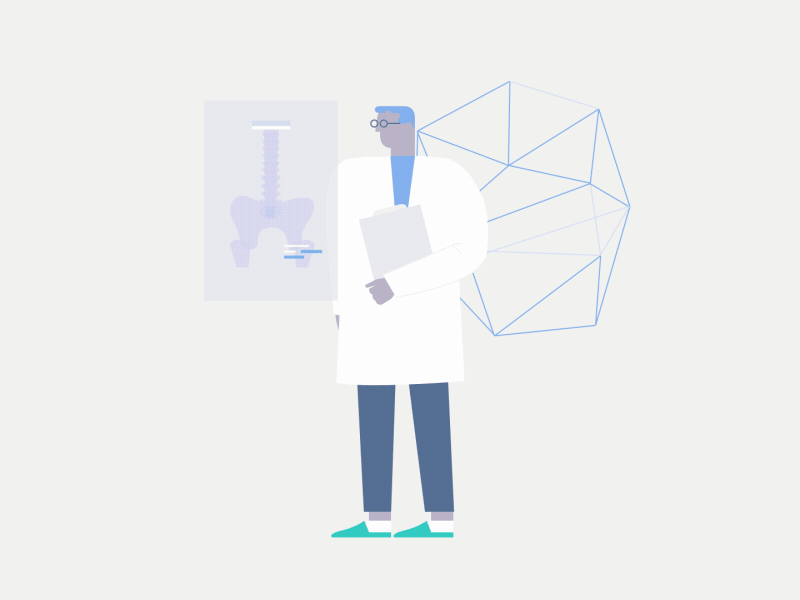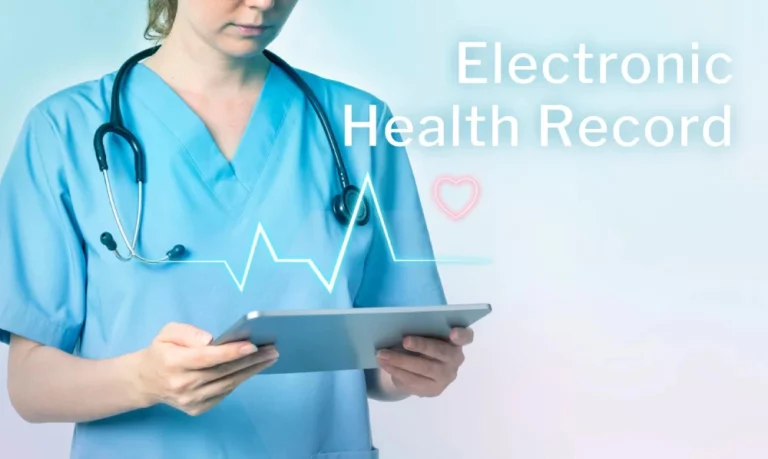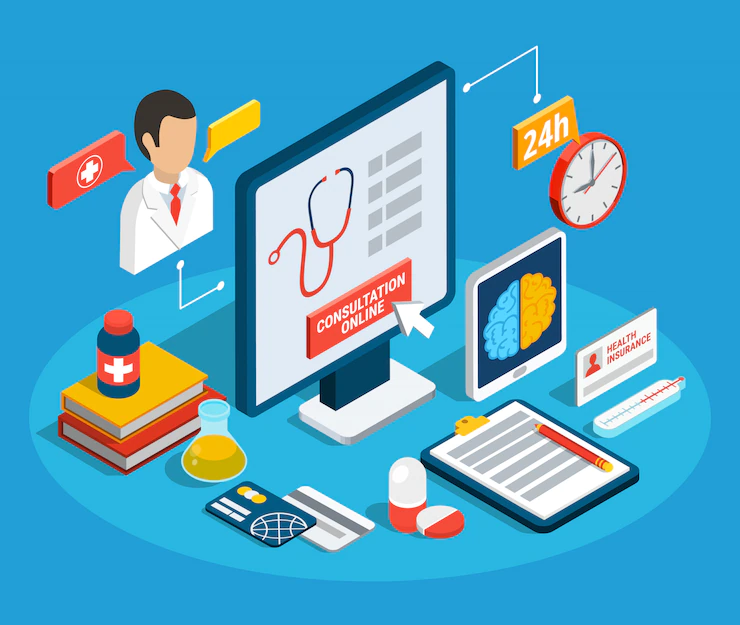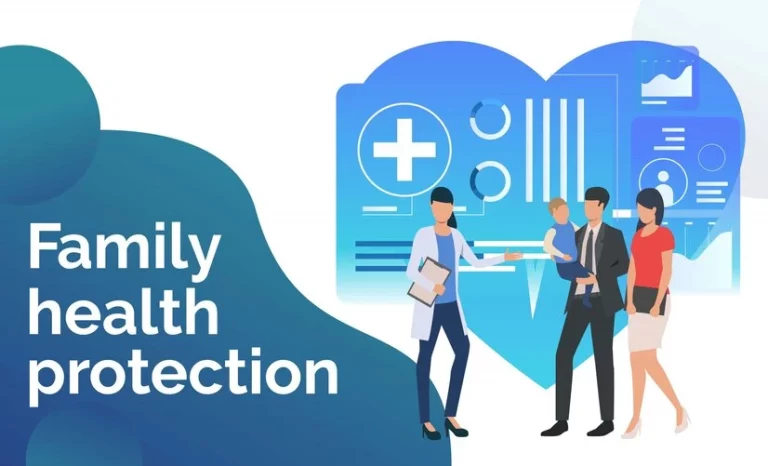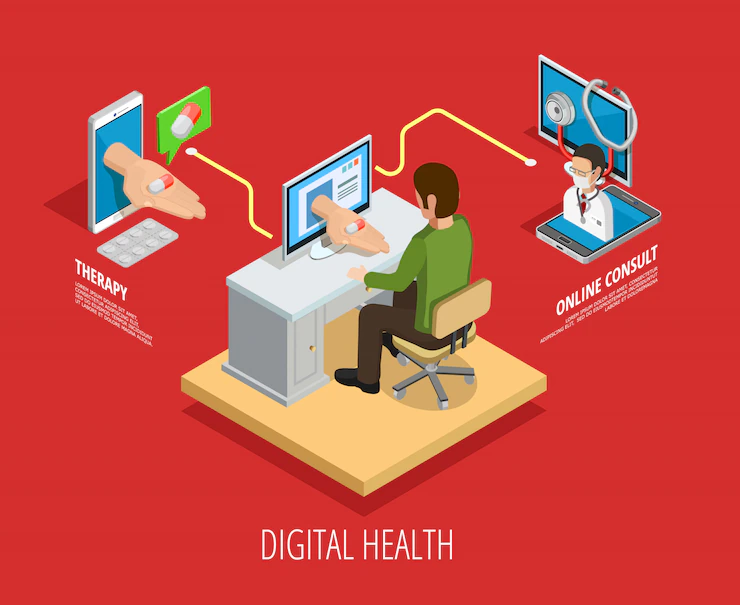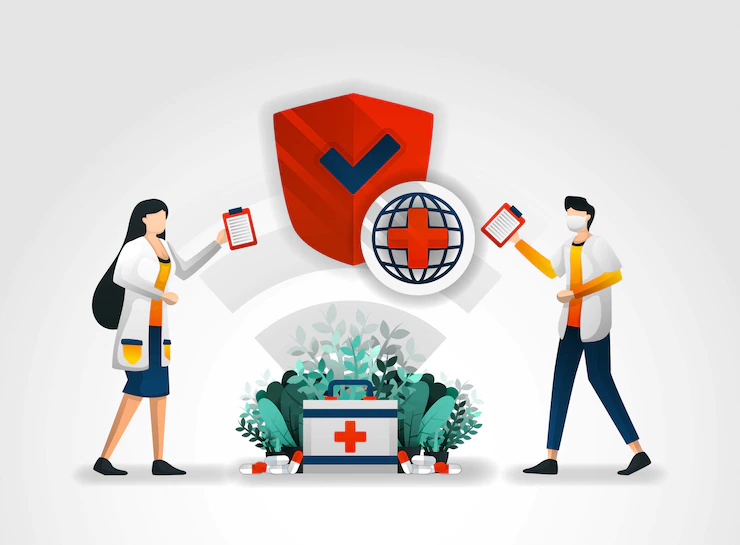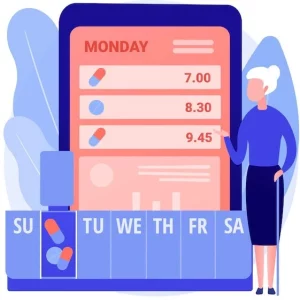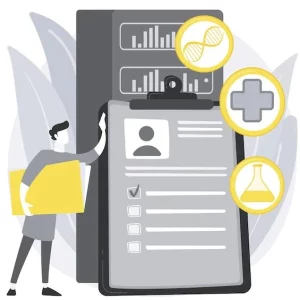Maintaining different physical records along with various citations is tough. There needs to be feasibility to share the documents with physical contact. During times of pandemic, this was a significant concern for most professionals.
Though, with advanced technology and better execution, innovators have come up with a perfect solution.
Yes! We’re talking about patient management tools that meet all requirements and have an excellent user interface.
Luckily, we have the best recommendation at the end of the read. Stay tuned to learn about all the benefits of an EHR and what’s the best clinic management solution.
Before we begin to learn about the advantages of an EHR, let us first understand its basic meaning.
It is software for storing and sharing patient data structurally. EHRs are digital versions of paper-based patient records, real-time and patient-oriented records that instantly secure and make information available to users who have authorized them.
It allows for faster access to services, which improves waiting lists and diagnosis accuracy by utilizing the most advanced EHR measures.
Research says 78% of patients rely more on the accuracy of digital records rather than paper-based records because they’re detail-oriented, self-explanatory, and backed up by facts.
A comprehensive EHR goes apart from basic functions like clinical notes and documentation to incorporate more of your practice’s workflows.
With a full-fledged EHR, your practice can easily integrate with other professionals in the medical community, improving care coordination and quality, increasing patient participation in care, improving efficiency, and saving money.
Often patients need to examine their data on their own for prescription or to consult another doctor for a second opinion. In such cases, it is mandatory to have access to the patient’s data.
Advanced EHR software also provides patients’ health charts that indicate the improvement in their medical situation along with the suggested treatments and expected costs.
Such reports include charts, frameworks, and graphs based on the set of information available.
For doctors, it summarizes the weekly/monthly clinic reports, including pictorial representation for better understanding. It lists all the appointments along with the summary in a nutshell.
Several doctors have multiple sets of clinics to attend. In such cases, they can use this tool to better interpret the stats and develop a firm strategy.
With real-time data and easy share options. It becomes easier for doctors and patients to share the data.
Let’s understand the situation better with an example.
Consider a patient being treated in an international hospital for severe disease. He/she needs to be moved to another hospital, and the move is not domestic. In such circumstances, this technology comes in handy and turns out to be a lifesaver.
Within a few hours of the commute, the file can be transferred from one place to another, and the treatment can be resumed.
Paper records are easy to misplace, accidentally destroy, and potentially steal if left unattended, or your physical storage space needs to be properly secured.
It is much easier and faster to access patient details and history via an electronic health record. It is also much easier to place imaging and laboratory work orders immediately. They can be printed or sent as digital files directly from the system via email or other online means.
As a result, your patients’ orders may be ready when they enter the pharmacy. Furthermore, erroneous orders are less likely to be carried out because a physician’s handwriting is more difficult to read.
All of the papers and folders that comprise a physical records system also take up space. To meet those requirements, you must purchase file cabinets, which cost money and take up space in your office.
By going digital instead, you could make much better use of the available floor space, such as storing medical supplies and equipment. Those files can be easily stored on a single hard drive and backed up to the Cloud.
When a medical or administrative team deals with physical papers and records, sorting through those papers can become a natural part of the job. This is not only slow and inconvenient but also time-consuming, reducing productivity and freeing up resources that your team could use elsewhere.
Finding information on digital systems is much easier, often requiring only a few mouse clicks or keyboard presses, saving time and effort.
Begin your virtual clinic as soon as possible!
